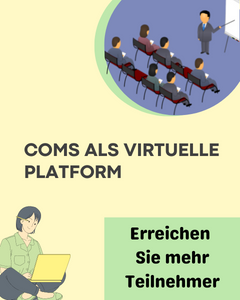Startseite / Konferenzkalender / Informatik / Wissenschaftliches Rechnen und Datenwissenschaft / Deutschland
Konferenzen > Informatik > Wissenschaftliches Rechnen und Datenwissenschaft > Deutschland
Wählen Sie ein Land aus
Deutschland (2) Großbritannien (1) Kanada (1) Niederlande (1) Rumänien (1) Türkiye (1) Vereinigte Staaten (1)
Deutschland
1
Dagstuhl-Seminar — Contextualising Complexity – Faithful Visualisations for Biology
01. Mär 2026 - 06. Mär 2026 • Schloss Dagstuhl, Deutschland
Eintrags-ID:
1671244
Webseite:
2
WE-Heraeus-Seminar — Emerging Directions in Neutral‐Atom Quantum Information Science
22. Aug 2027 - 26. Aug 2027 • Physikzentrum Bad Honnef, Deutschland
Eintrags-ID:
1688284
Conference-Service.com stellt der Öffentlichkeit ein Kalendarium wichtiger Konferenzen, Symposien und sonstiger Tagungen im wissenschaftlich-technischen Bereich zur Verfügung. Obwohl das Verzeichnis mit großer Sorgfalt zusammengestellt und ständig aktualisiert wird, weisen wir auf die Möglichkeit von Fehlern ausdrücklich hin. Bitte vergewissern Sie sich immer beim Veranstalter, bevor Sie über die Teilnahme oder Nichtteilnahme an einer Konferenz entscheiden.
Stand vom 19. Dezember 2025



